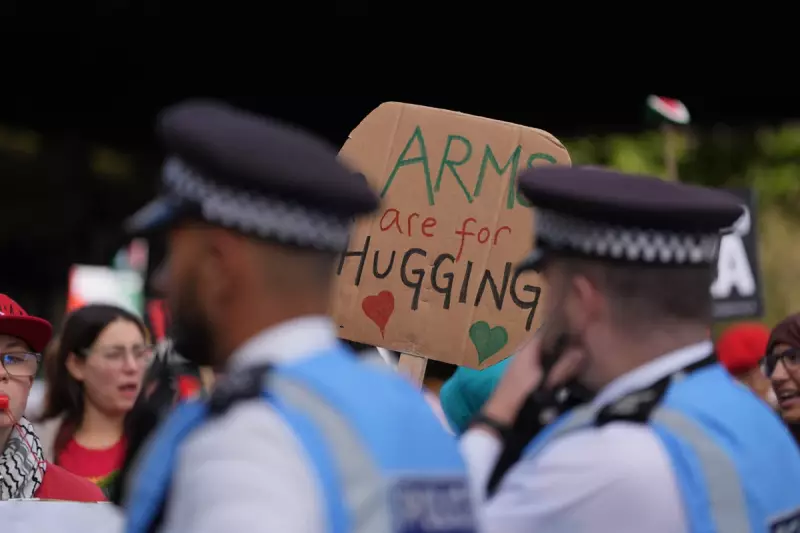
The Metropolitan Police finds itself at the centre of a political storm after refusing to ban a major pro-Palestine demonstration scheduled for Armistice Day in central London. Labour leader Sir Keir Starmer has joined growing Conservative criticism of the decision, calling the planned protest "provocative and disrespectful."
Political Pressure Mounts on Scotland Yard
Sir Keir Starmer has thrown his weight behind demands for the Metropolitan Police to reconsider their stance, arguing that the timing of the protest shows profound disrespect to those who made the ultimate sacrifice. "It's provocative and disrespectful for these protests to be scheduled on Armistice Day," Starmer stated, echoing concerns from across the political spectrum.
The Labour leader's intervention comes after Home Secretary Suella Braverman publicly criticised police handling of recent pro-Palestinian demonstrations, describing them as displaying "hate marchers" and accusing officers of applying double standards.
Police Commissioner Stands Firm
Metropolitan Police Commissioner Sir Mark Rowley has defended the decision, stating that the legal threshold for requesting a government ban under the Public Order Act has not been met. Despite acknowledging the "serious disorder" caused by some breakaway groups from previous protests, Rowley maintains there's insufficient intelligence suggesting Saturday's main demonstration will result in widespread violence.
"The laws created by Parliament are clear," Commissioner Rowley stated. "There is no absolute power to ban protest, therefore there will be a protest this weekend."
Armistice Day Commemorations Protected
Scotland Yard has emphasised that a significant policing operation will be in place to protect Armistice Day events, including the traditional two-minute silence at the Cenotaph. Police have promised a "robust plan" to prevent any disruption to remembrance services, with officers given specific powers to arrest anyone attempting to interfere with commemorative events.
The force acknowledges that breakaway groups from the main protest have caused previous concerns but insists they have adequate resources to manage both the demonstration and remembrance activities simultaneously.
Growing Political Divide Over Protest Rights
The controversy has exposed deepening political divisions over the balance between protest rights and public order. While the government has increased pressure on police to take tougher action, civil liberties groups have warned against politicising operational policing decisions.
With tensions running high and thousands expected to participate in both remembrance events and the pro-Palestine demonstration, all eyes will be on London this weekend as the Metropolitan Police faces its biggest public order test in recent years.





